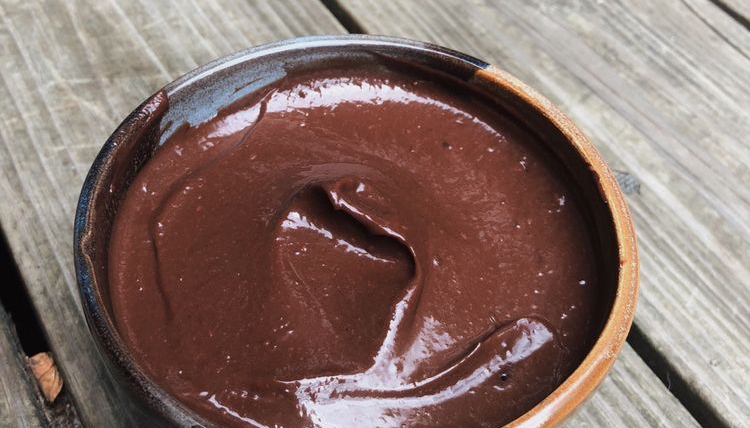In our busy lives, where everything moves so fast, we often eat without really thinking about it. We’re constantly rushing from one thing to another, and meals can become just another task on our to-do list. But is it really enough to just eat, or is there more to it?
It’s important to pay attention not just to what we eat, but also to how we eat. Eating mindfully means being present during our meals, enjoying each bite, and listening to our body’s hunger and fullness cues. This is different from eating quickly or while distracted, which can lead to overeating and not fully appreciating our food.
When we focus on eating mindfully, we can enjoy our meals more, feel more connected to our bodies, and develop healthier eating habits. By taking the time to eat thoughtfully, we not only take better care of ourselves but also bring more satisfaction and balance to our lives.
“I often find myself eating distractedly and quickly, without really paying attention. With the practice of mindful eating, I focus on the quality of the eating experience. I try to eat slowly, activating all my senses and improving the feeling of satiety.“
What is mindful eating
Mindful eating is a technique that has helped me become more aware of my needs and experience a new way of being at the table. It’s not just about what I eat, but more importantly how I eat. I often find myself eating distractedly and quickly, without really paying attention.
With the practice of mindful eating, I focus on the quality of the eating experience. I try to eat slowly, activating all my senses and improving the feeling of satiety. This practice helps me to be present to myself, moment by moment, without distractions, and with a more balanced mental attitude.
I find that conscious eating is an effective tool for achieving and maintaining MY right weight, improving health, increasing energy levels, and managing stress better. It helps me limit binge eating between meals, free myself from emotional hunger and manage adequate portions. Becoming aware of my actual feelings of hunger and satiety has been really helpful.
To practice mindful eating, I dedicate at least half an hour to each meal. I adopt a “poor” Mediterranean diet, which includes seasonal vegetables and fruit, whole grains, legumes, nuts and extra virgin olive oil. I also make sure to treat foods well while cooking them, to preserve the colors, aromas and textures that make the meal more enjoyable.
Finally, during meals, I sit at the table without distractions and focus on the food on my plate, paying attention to my moods. This helps me experience meal times in a more conscious and rewarding way.

Better mood, better health
Mindful eating amplifies the joy you feel in eating, transforming every bite into a unique experience and completely immersing you in the present moment. Restrictive diets often distance me from my body and infringe on the pleasure that food can provide. When I follow a diet, I eat not because I like the food, but because I “have” to. This sense of control and sacrifice can significantly reduce the pleasure I experience during meals.
With mindful eating, I learn to find satisfaction not in the quantity of food, but in its quality. Through guided exercises, I discover that it is possible to derive pleasure from even small quantities of food without feeling guilty. This practice helps me develop an attitude of loving kindness towards myself and food, counteracting tendencies to judge myself harshly. Mindful eating allows me to accept my feelings, thoughts and emotions about food, thus cultivating the art of letting go and acceptance.
Writer: Daniela Di Francia




